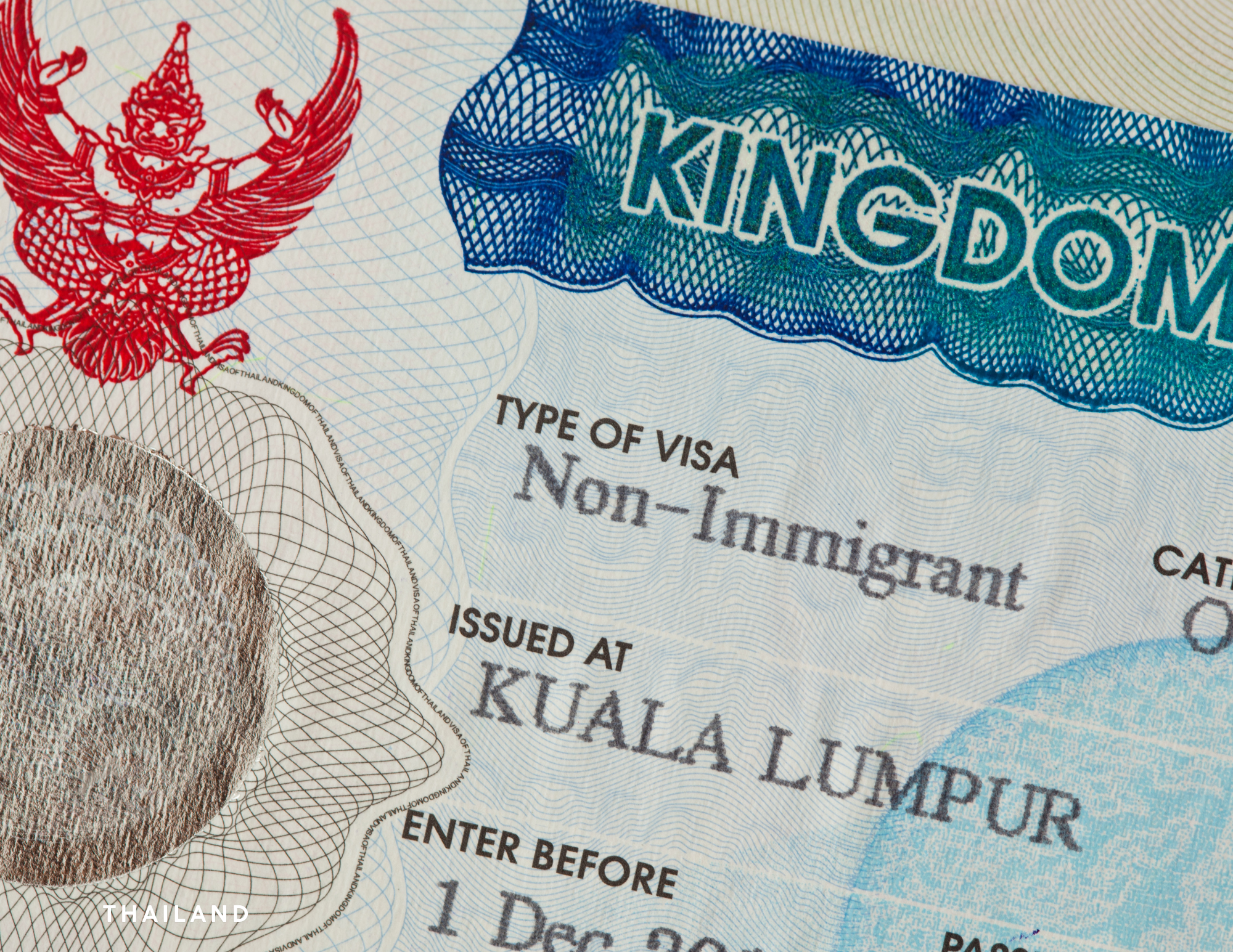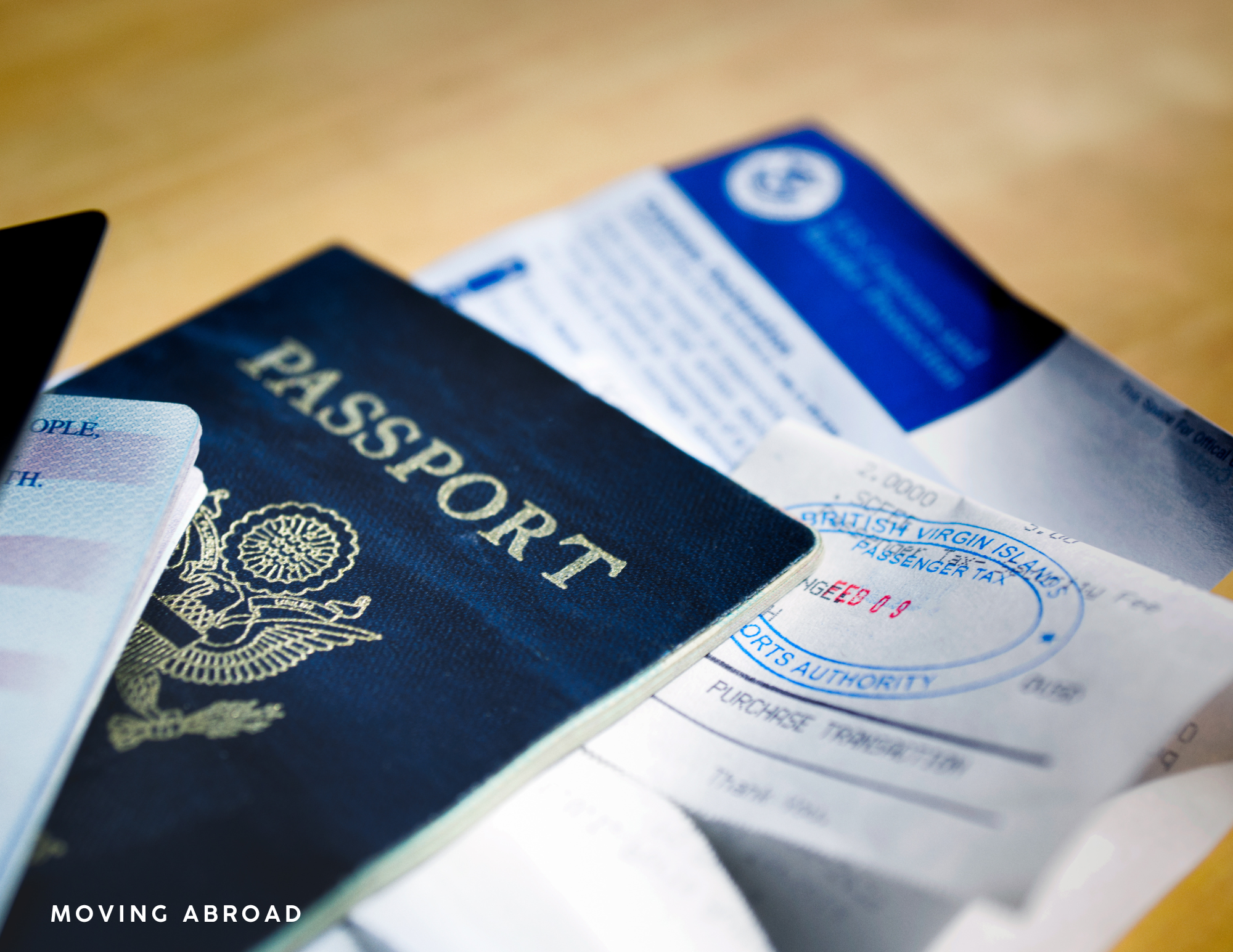Are you ready to leave the United States and start a new chapter somewhere else in the world? 🌍 If you’ve been dreaming of a fresh start, more freedom, or just exploring life beyond the U.S., this blog post is for you! Today, I’ll guide you through some key visa options and how to gain residency in various countries. Whether you’re looking to live abroad for a year, hop between a few countries, or settle down long-term, I’ve got something for you
Citizenship by Birthplace (Jus Soli)
Some countries offer citizenship to individuals simply by being born there, provided their parents are not diplomats or members of a foreign military. For example, the United States, Canada, and Brazil grant automatic citizenship to anyone born on their soil, regardless of their parents' nationality. However, some countries may impose additional conditions, such as requiring one or both parents to have resided in the country for a certain number of years before the child’s birth.
Citizenship by Descent (Jus Sanguinis)
Most nations offer citizenship to individuals with parents, grandparents, or even more distant ancestors who were citizens. Often, this process does not require a language or citizenship test. Start your search by building your family tree with free resources like FamilySearch (registration required). Once you identify your ancestral connections, search for “[country] citizenship by descent” to see if you qualify. For Example:
- Germany provides citizenship if your parent was a German citizen, and special pathways exist for descendants of Jewish people persecuted during WWII.
- Italy allows you to trace your lineage back to an Italian ancestor without generational limits, as long as the line remains unbroken.
- Hungary offers citizenship through simplified naturalization if you can prove Hungarian ancestry and pass a basic language test.
- Spain fast-tracks citizenship for people from Latin American countries (such as Argentina, Mexico, and Colombia) and those of Sephardic Jewish descent after two years of residency.
- Latin American Heritage: Nationals of specific countries (e.g., Mexico, Argentina) may qualify for expedited citizenship in Spain after two years of residency. However, note that Spain typically doesn’t allow dual citizenship with the U.S. unless you qualify through birth or marriage.
Using tools like FamilySearch.org to build a family tree can help identify potential links to these opportunities.
Marriage or Partner Visas
While marrying a citizen doesn’t always result in instant citizenship, it often leads to permanent residency and eventually citizenship. Many countries also allow unmarried couples in long-term relationships (e.g., 2+ years) to apply for partner visas. However, marrying solely for citizenship is typically prohibited and carries legal consequences. Examples include:
- France: Spouses of French citizens can apply for citizenship after four years of marriage and cohabitation.
- South Korea: Offers spousal visas that can eventually lead to citizenship after living in the country for a few years.
Some countries, such as Australia, provide partner visas for unmarried couples in committed relationships, typically requiring at least two years of cohabitation as proof.
Jewish Pathways
Israel’s Right of Return grants automatic citizenship to individuals who are Jewish, have a Jewish parent or grandparent, or are married to someone Jewish. Dual citizenship is allowed. Other countries, like Germany, Austria, and Portugal, offer special pathways for descendants of Jewish individuals who fled persecution. For example, Portugal’s pathway for Sephardic Jews requires applicants to prove historical ties to the country.

Pathways for People of African Descent
Countries like Ghana and Sierra Leone provide opportunities for people of African descent in the diaspora.
- Ghana’s Right of Abode allows individuals of African heritage to apply for residency, provided they meet good character and financial requirements.
- Sierra Leone offers citizenship through DNA verification of ancestral links, along with a background check and an in-person application process.
Citizenship by Investment (Golden Visas)
Some countries allow you to obtain citizenship through investment, though costs range from $100,000 to over $1 million. Alternatively, purchasing residency permits is often less expensive but may have time-in-country requirements to maintain status or transition to citizenship. For example, Paraguay offers a residency program starting at $5,000.
- Saint Kitts and Nevis offers citizenship starting at $150,000 through a government donation.
- Malta provides a similar program requiring a combination of investment and donations totaling at least $750,000.
For more affordable residency options, Paraguay offers permanent residency for as little as $5,000.
Retirement or Passive Income Visas
Countries like Thailand, Portugal, and Panama offer residency to retirees or individuals with sufficient passive income. For instance, Thailand’s retirement visa requires applicants to be over 50 and have a certain level of income or savings. These visas usually prohibit work, including remote work.

Work Visas and Digital Nomad Visas
- Australia, Canada, and New Zealand have skills shortage lists that streamline work visa applications for in-demand occupations like healthcare, engineering, and IT.
- Digital nomad visas are available in countries like Estonia, Portugal, and Barbados, allowing remote workers to live in the country temporarily.
Study Abroad and Student Visas
Student visas allow you to study abroad and sometimes transition to work visas post-graduation. Programs in English are often available at the Master's or PhD level. Note that high school diplomas alone may not meet entry requirements in some countries, so advanced placement courses or associate degrees may help.
- Germany and Norway offer low-cost or free education to international students and allow post-graduation job searches.
- In Spain, time spent as a student counts partially toward residency requirements for citizenship.
Freedom of Movement Agreements
Some agreements, like the European Union or the Nordic Passport Union, allow citizens to live and work freely across member states without additional visas. These pathways require citizenship in one of the participating nations first.
Volunteering and Au Pair Opportunities
Programs like WWOOF provide short-term work opportunities abroad in exchange for accommodation. Similarly, au pair visas allow young people to work in childcare while immersing themselves in a new culture, though these are age-restricted.
Other Unique Pathways
- France: Joining the French Foreign Legion allows for citizenship eligibility after three years of service.
- Netherlands: Under the Dutch American Friendship Treaty (DAFT), U.S. entrepreneurs can establish a business and gain residency.
- Svalbard (Norway): Open to all without a visa requirement, though it doesn’t lead to Norwegian citizenship.
These pathways cater to a wide range of individuals, from those seeking citizenship through ancestry to entrepreneurs and retirees looking for residency. With careful research and preparation, you can find an option that aligns with your personal situation. If you are looking just to get away for a short time to figure out what you want to do, consider countries like Georgia and Albania who both gives US passport holders 1 year in the country with no extra requirements or applications. Just show up, and stay for a year.

